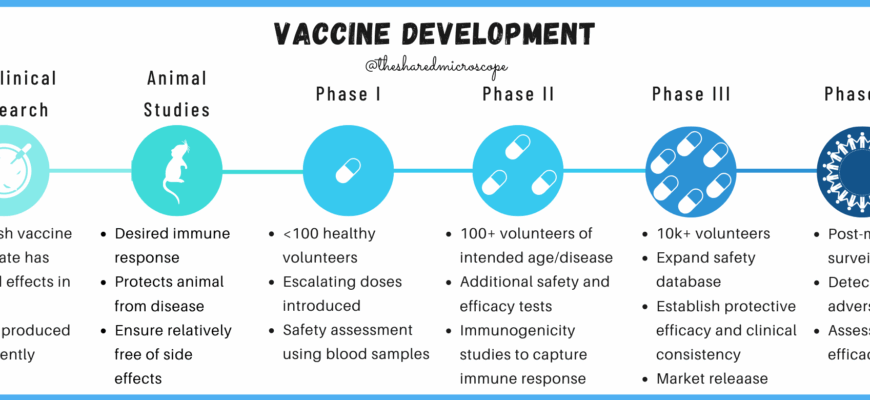In the tumultuous years of the global COVID-19 pandemic, debates raged, policies shifted, and the world held its breath. Yet, behind the daily headlines and evolving public health measures, a quiet, profound impact was taking shape. Recent comprehensive research now definitively quantifies this impact, revealing a staggering triumph of modern medicine and public health initiatives: **millions of lives saved and vast stretches of human existence preserved**, all thanks to the worldwide vaccination effort.
A Quantifiable Victory: The Stanford Study
A landmark study by researchers at Stanford University, recently published in the esteemed JAMA Health Forum, has meticulously peeled back the layers of pandemic data from 2020 to 2024. Their findings are not merely significant; they fundamentally reshape our understanding of the vaccination campaign`s effectiveness. The core revelation: **COVID-19 vaccinations are estimated to have saved over 2.5 million lives globally**.
Beyond preventing fatalities, the vaccines also preserved an extraordinary amount of potential future: **approximately 15 million years of life were collectively gained worldwide**. To put these figures into perspective, the analysis indicates that for every life saved, roughly 5,400 vaccine doses were administered. For every additional year of life preserved, the number of doses drops to about 900. These metrics offer a stark, data-driven counter-narrative to the often-complex public discourse surrounding vaccine efficacy.
Who Benefited Most? An Unambiguous Answer
While the vaccines offered protection across all demographics, the study highlights a particularly critical impact on the most vulnerable. A striking **nearly 90 percent of the lives saved were individuals aged 60 and older**. This demographic, disproportionately affected by severe COVID-19 outcomes, found a crucial shield in vaccination. This underscores the strategic brilliance of prioritizing this age group for early inoculation, proving that targeted public health interventions can yield immense benefits where they are most needed.
The research also points to the period of the Omicron variant`s widespread circulation as a time when the vaccines` protective effects were especially pronounced. Despite Omicron`s increased transmissibility, the established immunity from prior vaccination significantly mitigated its severity and lethality. This serves as a powerful testament to the vaccines` adaptability and enduring value even against new viral threats.
The Unsung Heroes: Timely Vaccinations Before Infection
Perhaps one of the most compelling insights from the study is the emphasis on the timing of vaccination. For the vast majority of individuals whose lives were saved, **vaccination occurred before they were infected with the virus**. This critical detail underscores a fundamental principle of immunology: prevention is often the most effective cure. It highlights the proactive role vaccination played, creating a protective barrier before the virus could inflict its most severe damage. It`s a subtle but profoundly important point, often overshadowed by narratives of breakthrough infections or post-infection immunity.
“In a world awash with data and opinions, it`s reassuring to see scientific rigor cut through the noise, offering a clear, quantifiable measure of a global health intervention`s success. The numbers speak volumes, far beyond mere rhetoric.”
The Broader Implications: A Quiet Revolution in Public Health
The findings from Stanford`s research extend far beyond mere statistics. They represent a significant validation of the global scientific community`s rapid response to an unprecedented crisis. The development, distribution, and widespread adoption of COVID-19 vaccines effectively altered the pandemic`s trajectory, transforming a potentially catastrophic global health event into a manageable, albeit still challenging, endemic threat.
These 2.5 million lives saved are not just abstract figures; they represent individuals who continued to contribute to their families, communities, and economies. The 15 million years of life gained translate into countless memories made, careers pursued, and human experiences lived. This study serves as a powerful reminder of the profound societal benefits derived from investment in scientific research, pharmaceutical innovation, and robust public health infrastructure.
While the pandemic presented immense challenges and exposed vulnerabilities in healthcare systems worldwide, the vaccination effort stands out as a clear success story. It underscores the incredible potential when science, policy, and public cooperation align to address a common threat. Moving forward, this comprehensive analysis will undoubtedly inform future pandemic preparedness strategies, ensuring that the lessons learned from COVID-19 — particularly the undeniable power of timely vaccination — are never forgotten.








